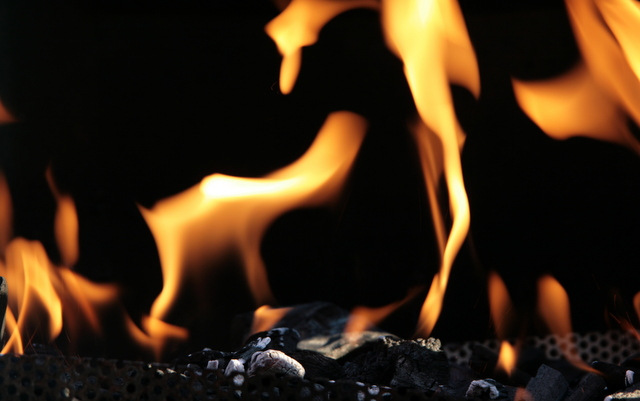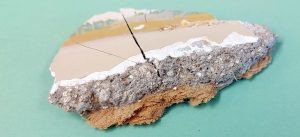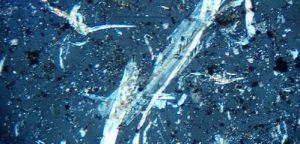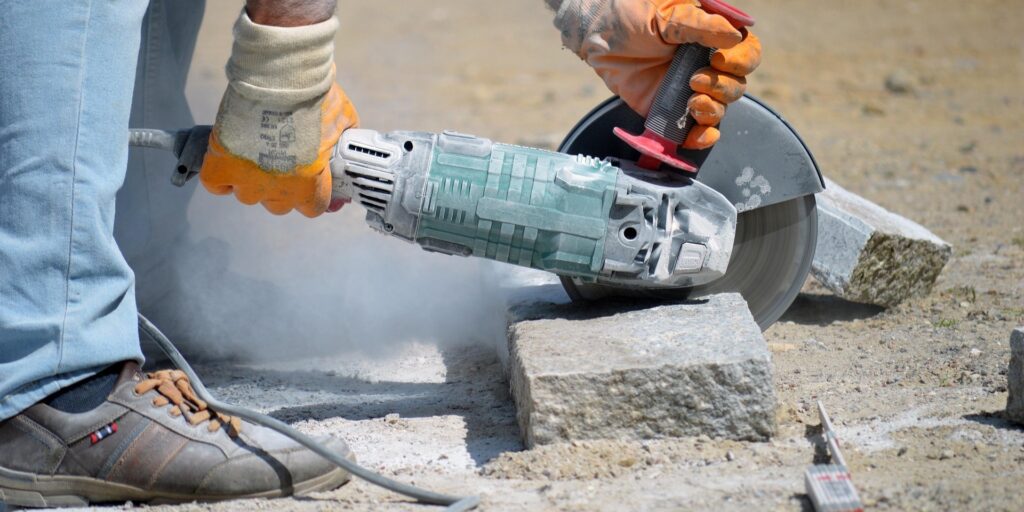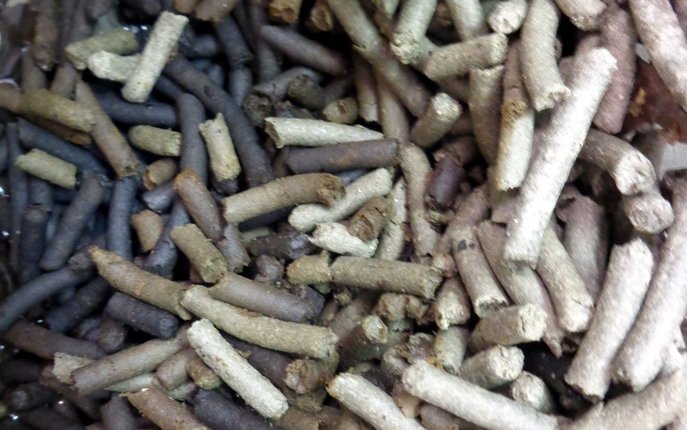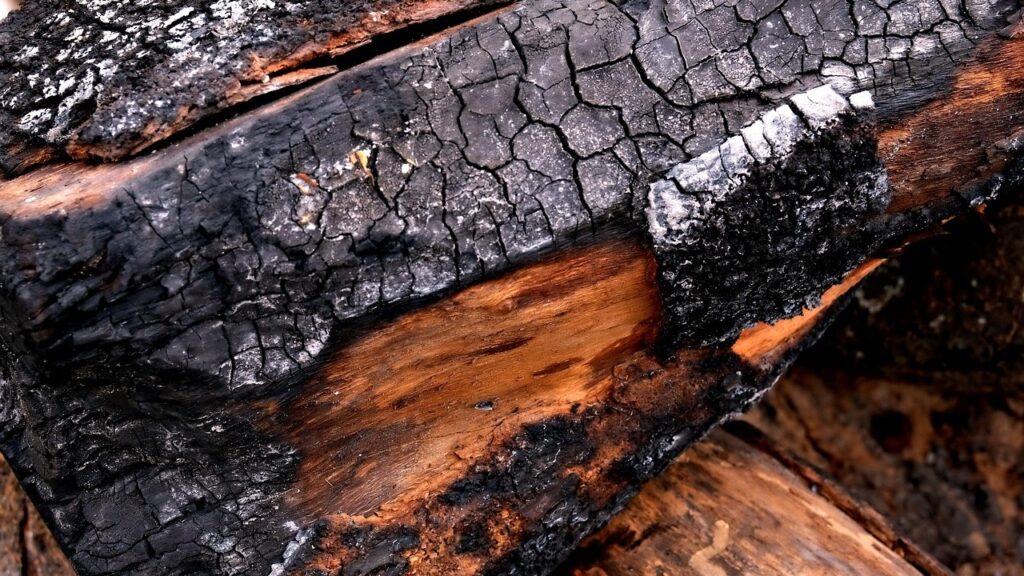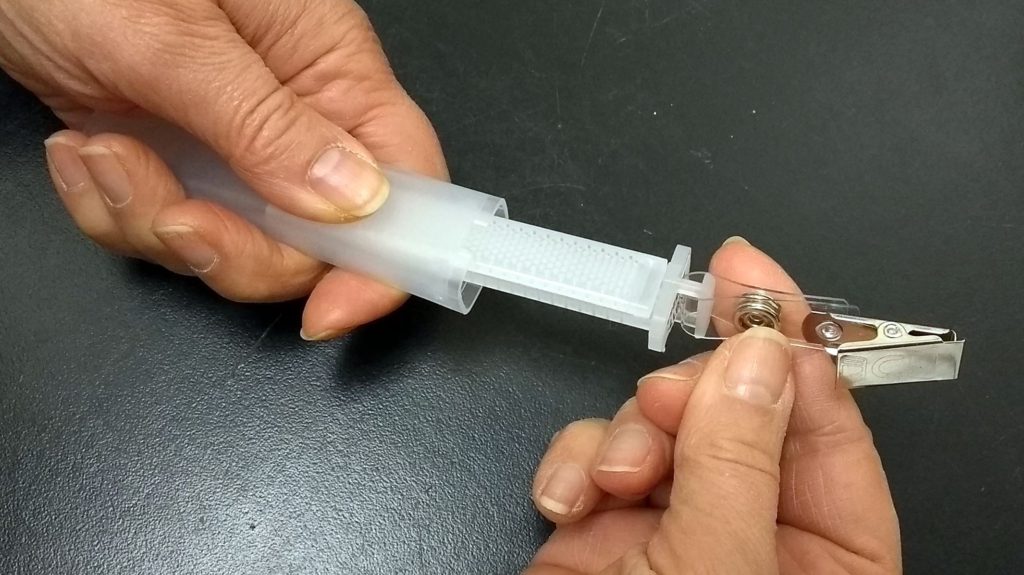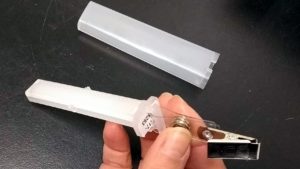 Comprehensive Phenols Testing Services for Fire-Damaged Properties LCS Laboratory Inc. specializes in the accurate detection and analysis of phenols, cresols, guaiacol, and other aromatic alcohols commonly found in wood smoke. Our testing services are designed to help safety consultants, insurance adjusters, and environmental consultants assess air quality in smoke-damaged buildings, ensuring safety and compliance with regulatory standards. With fast, reliable results, we help you take the right steps toward restoring safe environments.
Comprehensive Phenols Testing Services for Fire-Damaged Properties LCS Laboratory Inc. specializes in the accurate detection and analysis of phenols, cresols, guaiacol, and other aromatic alcohols commonly found in wood smoke. Our testing services are designed to help safety consultants, insurance adjusters, and environmental consultants assess air quality in smoke-damaged buildings, ensuring safety and compliance with regulatory standards. With fast, reliable results, we help you take the right steps toward restoring safe environments.
Why Phenols Testing Matters Phenols and related compounds, produced during wood combustion at temperatures above 300°C, pose significant health risks when present in indoor air. These chemicals can irritate the respiratory system, cause unpleasant odours, and pose long-term risks to occupants if left unaddressed. For fire-damaged properties, precise measurement of phenols in the air is crucial to:
- Determining the extent of smoke contamination.
- Protecting the health and comfort of building occupants.
- Establishing the need for professional decontamination and restoration services.
- Ensuring compliance with industrial and residential safety standards.
Technical Details of Phenols Testing Our air sampling protocol uses diffusive samplers to deliver accurate and reliable results:
- Supplies and Consumables: LCS Laboratory provides a complete sampling kit, including passive (diffusive) samplers, request forms, and manuals.
- Sampling Process: The client places diffusive samplers in areas with a strong smoke smell or in rooms with potential smoke intrusion.
- Test Duration: The duration of sampling affects the overall sensitivity of the method. The sampling process can be as short as 8 hours for comparison with industrial exposure limits or extend to 72-96 hours to achieve maximum sensitivity.
- Analytical Method: We use a modified OSHA Method 32 to detect individual phenols and total phenols in air samples.
- Interpretation of Results:
- > 19 mg/m³: Results exceeding the industrial exposure limit of 19 mg/m³ for phenol (5 ppm, MOL OEL, Ontario 2017) indicate unsafe air quality and the need for decontamination.
- 0.03-19.00 mg/m³: The Ontario Clean Air Act recommends that phenol concentrations should not exceed 0.030 mg/m³. Readings above this limit suggest the presence of smoke odour exceeding the recommended level for residential clients.
- < 0.03 mg/m³: This is a safe limit where no adverse health effects are expected.
Take Action Today If you’re dealing with fire-damaged properties, ensure safety and compliance by choosing LCS Laboratory for phenols testing. Contact us today with any questions or for shipping instructions by visiting our Contact Us page.
Additional Resources
- Download our laboratory price list.
- Access request forms to get started with your testing needs.
Ensure the safety and well-being of your clients by partnering with LCS Laboratory Inc. for accurate, efficient, and professional air quality testing.

